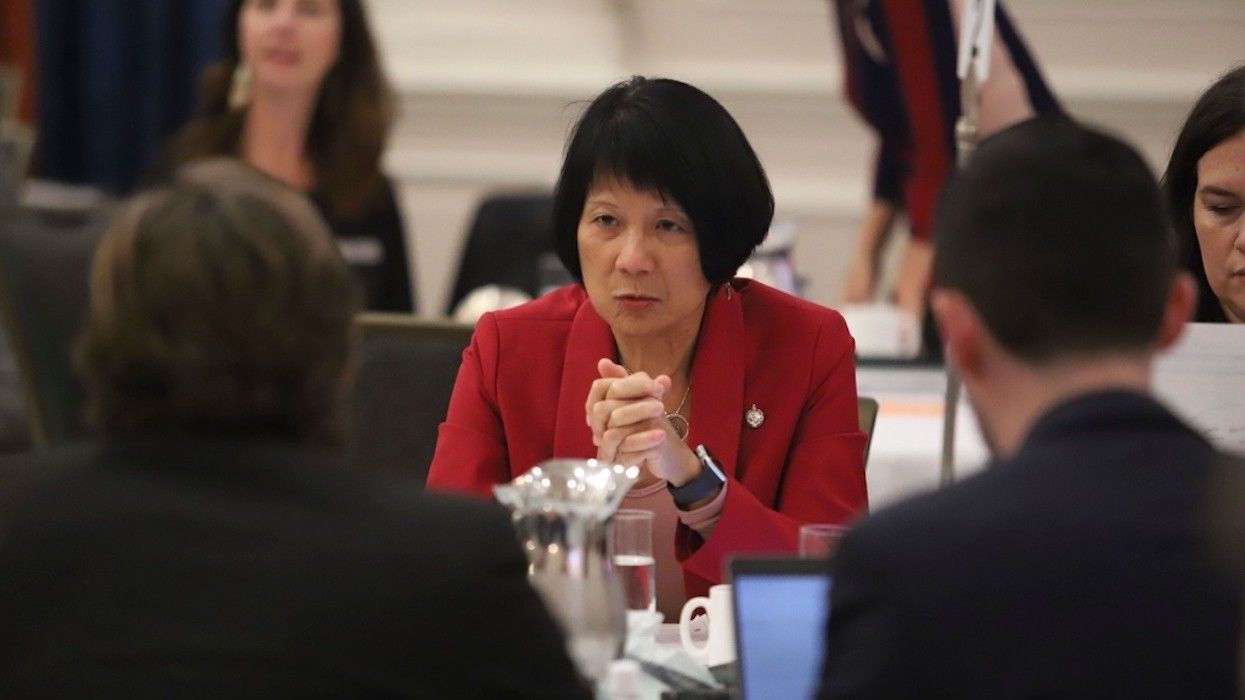As Toronto continues to grapple with its housing crisis, Mayor Olivia Chow is pushing for a City-led development model to get more affordable housing off the ground faster.
The recommended model, which Chow floated when she was on the campaign trail earlier this year, is outlined in a new housing report that was made public on Tuesday and will be considered by the Executive Committee and City Council in the coming weeks.
In short, the model would see the City act as a public builder for five City-owned and housing-ready sites (405 Sherbourne Street, 150 Queens Wharf Road, 1113-1117 Dundas Street West, 11 Brock Avenue, and 35 Bellevue Avenue), and theoretically, could help to pave the way for accelerated affordable housing development in Toronto. The report says that City staff would be expected to report back by Q3 2024 with a status update on the model.
“If you look at any of the countries in the developed world, there's always a role for the public sector to play in terms of dealing with housing,” Mayor Chow tells STOREYS. “In Canada, because we haven’t been doing that, the whole housing sector has become very unbalanced. And what you're seeing is a very deep housing crisis that we are now beginning to have to correct.”
Chow says that if public development of the five aforementioned sites is successful — the hope is for “speedy delivery in terms of approval” — there are more than 70 sites in the pipeline that stand to be developed under the same model. (More specifically, Tuesday’s report says that an additional 47 City-owned sites and 31 non-profit-owned sites have already been identified for public development.)
“This is a very, very modest beginning to build up our muscle memory,” she says. “You’ve got to start somewhere, right? We want to start small.”
However, Chow is aware that the model is not without challenges, particularly when you consider today’s interest rate and borrowing realities. That’s where different levels of government come in. Chow says she’s been in talks with the federal and provincial governments about creating a program that partnered organizations can tap into to lower their financing costs.
“The federal government has put aside quite a bit of money, so we just need them to open the tap. Because they've made the promise to do it, but they just now have to approve the funding,” says Chow.
The 52 city-owned sites identified in Tuesday’s report are projected to accommodate between 16,000 to 17,500 new rent-controlled homes, including affordable, rent-geared-to-income, and market rental units.
“We’re going to continue to partner with non-profit groups and Indigenous groups, and with the private sector through the HousingNow program,” says Chow. “I think the housing need is so great, we need all hands on deck. Government, private development companies, homeowners — you name it. We need to do it together.”





















